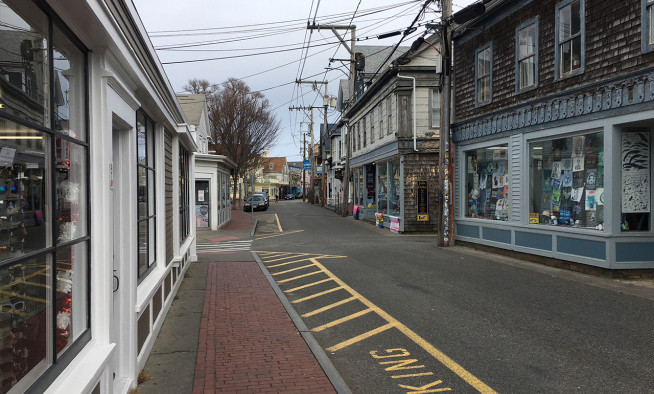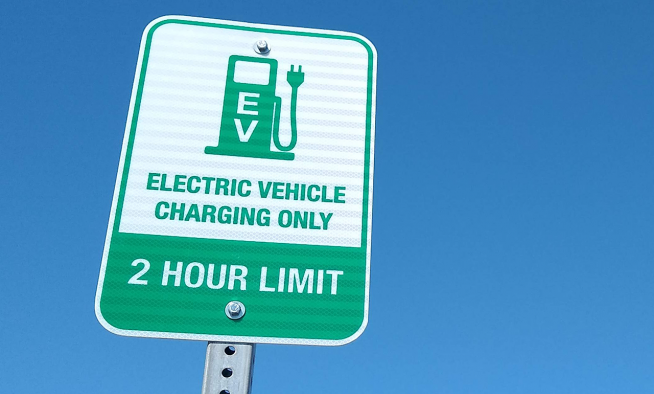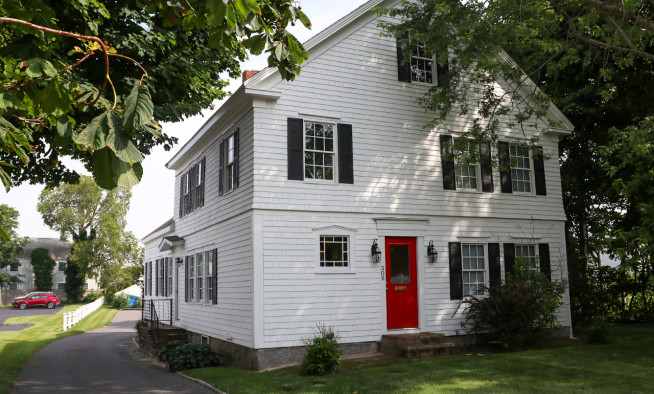OneCape 2022: Equitable planning for climate change and resilient infrastructure

Climate discussions at OneCape 2022 focused on work to improve the region's ability to combat climate change and strengthen our infrastructure, all while ensuring equity throughout the planning process. Speakers in plenary and breakout sessions offered strategies individuals can implement in their own daily lives.
"As scary as the worst-case scenarios may be," said Northeast Clean Energy Council President and former Somerville Mayor Joe Curtatone, "we have a clear path forward that will result in affordable energy, a healthy environment, and a stronger economy that will benefit us all."
Cape Cod Commission Deputy Director Steven Tupper highlighted the need to leverage available funding to make transformative investments that tackle the region's most significant challenges in a manner that respects the region's environment, history, and people.
Jason DeGray, Boston office Director of Toole Design, a firm specializing in sustainable placemaking and mobility systems, shared insights into new ways of planning, being mindful of climate change and equity considerations. "There is a better way to design our systems and places," DeGray said. During a breakout session, DeGray shared examples of equitable planning processes, including a highly successful and interactive demonstration project in Providence, Rhode Island, that resulted in community-supported bicycle and pedestrian improvements in a busy downtown area.
While large-scale changes like the widespread electrification of the transportation system and home heating are needed to meet climate action goals, it is important not to forget other tools in the climate action toolbox. The Equitable Strategies for Climate Action session featured climate programs and investment strategies accessible to a broad cross-section of our communities. The Cape Light Compact's Briana Kane detailed energy-efficiency programs available to residents at all income levels. Cape Cod Regional Transit Authority (CCRTA) Administrator Tom Cahir outlined how his organization is enhancing services to reduce on-road traffic and working to electrify its fleet of buses.
As we charge towards an electric future, a panel of experts discussed efforts to enhance the electrification of the on-road transportation sector on Cape Cod. The session included information on challenges and opportunities related to electric vehicle (EV) charging station development and efforts by the Cape Cod Regional Transit Authority to enhance public transportation options, support regional EV adoption, and plan for the future of their vehicle fleet.
Adapting our built environment and reducing its greenhouse gas emissions are keys to regional climate action. The Cape Cod Commission's Sarah Korjeff reviewed new floodplain design guidelines that address the need to protect from flooding while protecting Cape Cod's community character and historic resources. Woods Hole's working waterfront is vulnerable to the impacts of climate change. Leslie-Ann McGee of the Woods Hole Oceanographic Institute (WHOI) talked about how WHOI works collaboratively to improve resiliency at the waterfront and in surrounding buildings. Goody Clancy's Director of Sustainability and Climate Action, Lori Ferriss, spoke about building reuse as a climate action solution. Finally, Joanne Bissetta of the Massachusetts Department of Energy Resources outlined an effort to enhance the state's Green Communities program.
The Cape Cod Commission and Woods Hole Group are working with 10 Cape communities to identify roadways vulnerable to flooding and possible solutions. Cape Cod Commission, Woods Hole Group, and Town of Bourne staff presented the Low-Lying roads project methods, findings, and progress to date and discussed potential solutions for threatened road segments.




